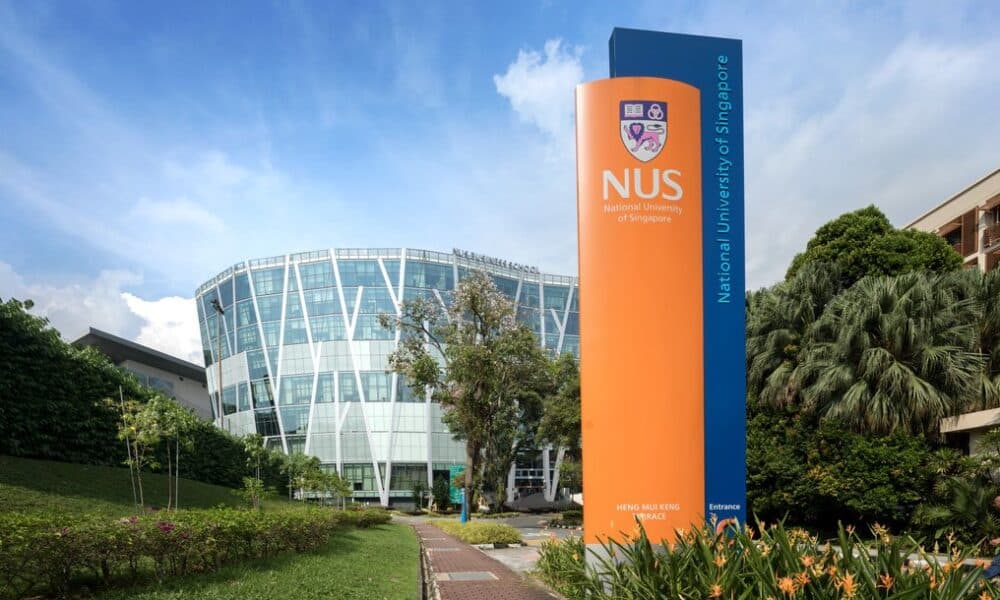SINGAPORE: The National University of Singapore (NUS) has maintained its position in the top 10 of a global ranking of institutions, while Nanyang Technological University (NTU) has re-entered the top 20.
In the latest Quacquarelli Symonds (QS) World University Rankings 2025, released on 5 June, NUS is ranked eighth, and NTU has risen to 15th from its 2024 ranking of 26.
This rankings edition features 1,500 universities from 106 countries, with NUS being the highest-ranked Asian university and the first from Asia to be placed in the top 10.
The chart is predominantly occupied by universities from the United States and Britain, led by the Massachusetts Institute of Technology, similar to previous years. Imperial College London has climbed four places to take second place.
The University of Oxford is ranked third, Harvard University fourth, and the University of Cambridge fifth.


The QS rankings are based on nine indicators: academic reputation, employer reputation, faculty-student ratio, citations per faculty, international faculty ratio, international-student ratio, international research network, employment outcomes, and sustainability.
The three factors with the highest weightage are academic reputation (30%), citations per faculty (20%), and employer reputation (15%).
Indicators such as international research network, employment outcomes, and sustainability – three new metrics introduced in the 2024 rankings – each carry a weightage of 5%.
NTU and NUS performed well in academic and employer reputation, as well as citations per faculty, which measures strong research output.
Commenting on the latest ranking, NUS President Professor Tan Eng Chye highlighted that universities are increasingly fostering interdisciplinary teaching and research, enabling graduates to become critical thinkers and flexible learners. Faculty and researchers are collaborating across disciplines to address complex global issues.
” As a leading global university, NUS continues to push the boundaries in education, research, innovation and enterprise, challenging students to learn and unlearn, grow in adaptability and resilience, and discover a world beyond themselves,” said Professor Tan.
Professor Tan attributed NUS’s strong performance to the collective efforts of the university’s outstanding faculty, staff, students, and alumni.
He highlighted that this year, NUS made considerable progress in the sustainability indicator, reflecting the university’s comprehensive approach to shaping a sustainable future through interdisciplinary solutions in education, research, and campus operations.
The NUS community remains resolute in our commitment to foster a vibrant and dynamic academic environment which inspires and drives positive impact for everyone,” he added.
NUS ranked sixth for employment outcomes and 15th for academic reputation.
Globally, it placed 26th for sustainability, which measures institutions’ commitment to environmentally and socially responsible practices and policies.


